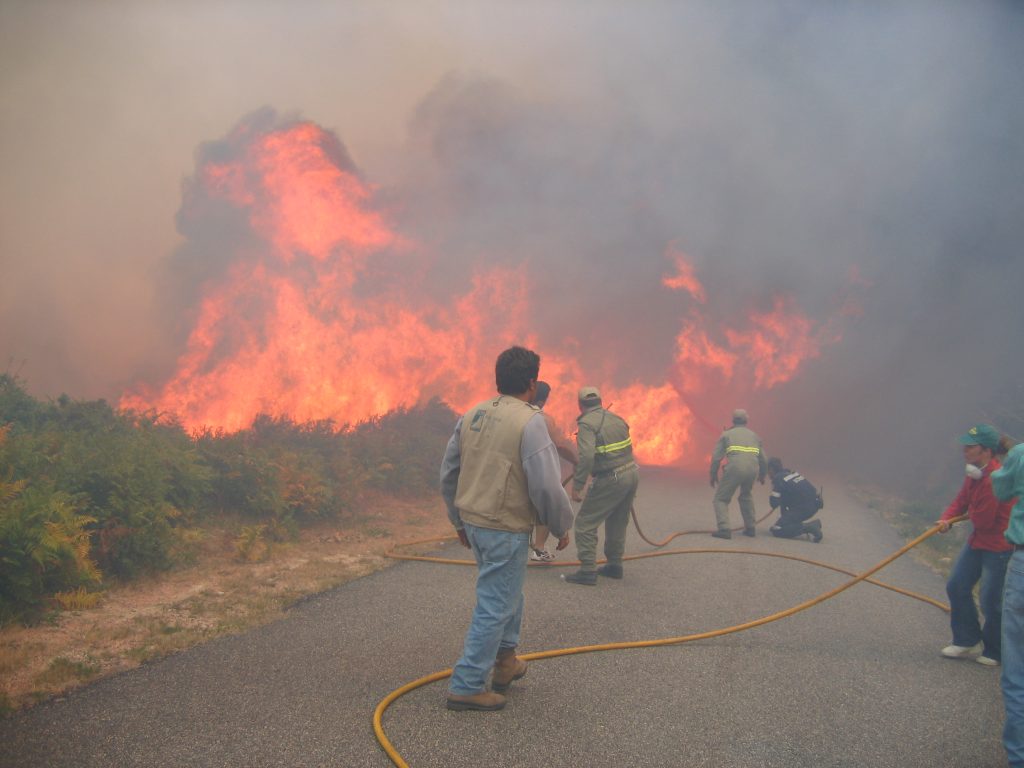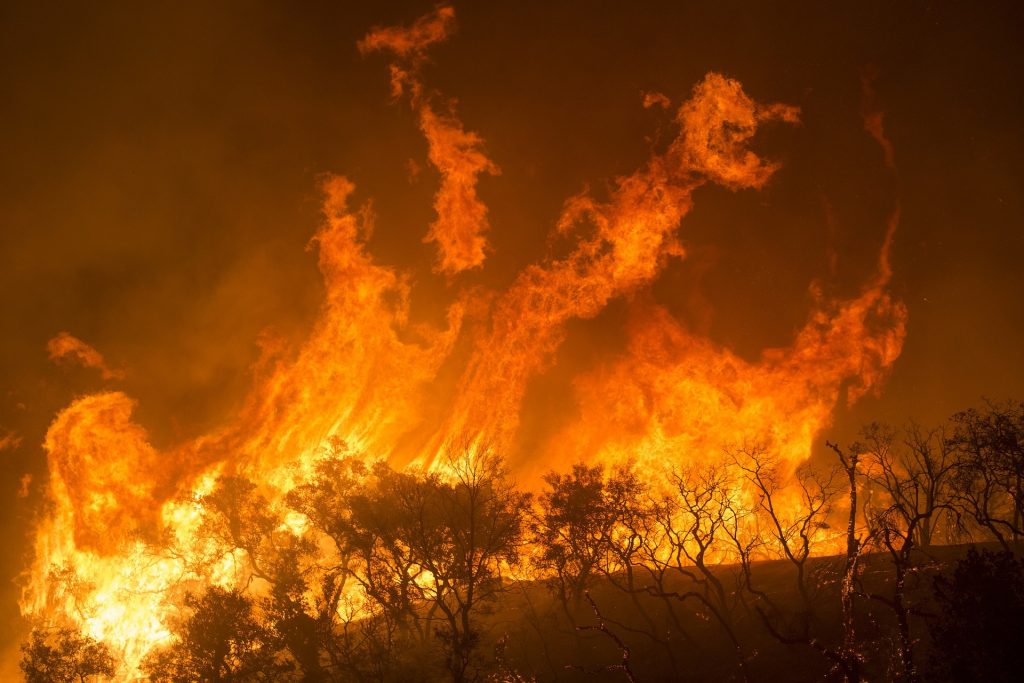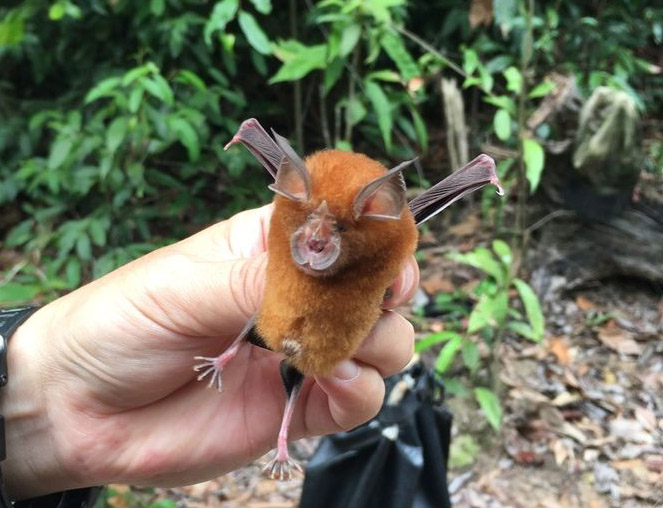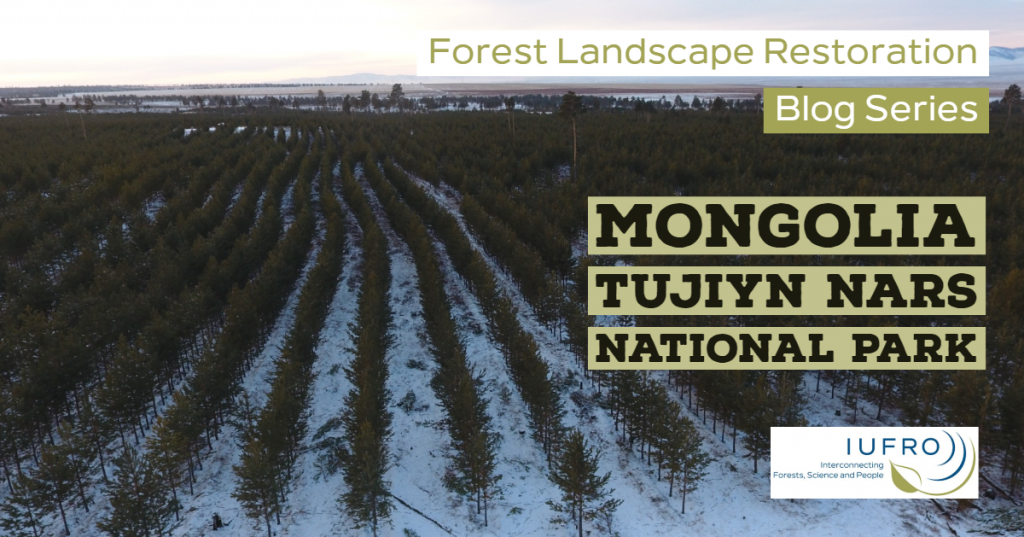Spotlight #83 – Examining the Economic Drivers of Wildfire: Where There’s Smoke, There’s Finance
Spotlight #83 – Examining the Economic Drivers of Wildfire: Where There’s Smoke, There’s Finance

“The world is ablaze. Or so it seems, and the scenario is repeating itself every year now,” says Dr. François-Nicolas Robinne, of the University of Alberta’s Department of Renewable Resources, and Coordinator of IUFRO’s Fire$: Economic Drivers of Global Wildland Fire Activity Task Force (TF).
The world is fighting forest fires in the midst of a pandemic
The world is fighting forest fires in the midst of a pandemic
Interview with Dr. Andrey Krasovskiy originally published in French: https://journalmetro.com/perspective/2477417/monde-lutte-feux-de-foret-pandemie/
On 25 June 2020 by Miguel Velazquez, Métro World News
Dr. Andrey Krasovskiy is a Research Scholar working with the Ecosystems Services and Management Program (ESM) of the International Institute for Applied Systems Analysis (IIASA), Austria: https://iiasa.ac.at/
He is a Member of the IUFRO Task Force “Fire$: Economic Drivers of Global Wildland Fire Activity”: https://www.iufro.org/science/task-forces/global-wildland-fire-activity/
Q: What is the outlook for forest fires this year?
Forest fires are likely to keep the dynamics from previous years. Along with the problematic regions, such as Amazon, where forest fires are driven by deforestation, and Indonesia, where extremely vulnerable peatland areas are located, considerable fire events are to be expected in boreal forests of Russia, the US, and Canada. The forest fires might also show relative increase compared to previous years in Central European countries. There is a danger that post-quarantine human activities will further add to forest fire frequency in the Mediterranean region, as well as globally.

View from the forest: the interlinked crises of COVID-19, environmental degradation and inequity – A Guest Blog
The underlying cause of the COVID-19 pandemic is the spill-over of a virus from a presumed bat wildlife source – and its spread in the vast human population and its vulnerable systems. There are many questions yet unanswered about the virus’s source – which species of bat, was it sold in the Wuhan Wet Market, did a number of bat-human transmissions occur or were transmissions to other animal species involved in the development of a virus capable of human to human transmission. For the moment all efforts are on controlling the disease. It has emerged and spread rapidly around the highly connected planet. In the long run, understanding how to prevent further such pandemics will be a major focus.

Link to license: https://creativecommons.org/licenses/by-nc/4.0/legalcode
How to obtain desired results in forest restoration through technology and cooperation
Northern Mongolia, sub-taiga forest, Tujyin nars National park, is the second blog post of the FLR Snapshot Series. The second largest landlocked country in the world, land of Mongols, with breathtaking landscapes. Tujyin Nars Reforestation Initiative was created to restore pine forest that had been deforested and degraded due to improper forest harvesting and frequent fires. It has become one of the best examples of successful forest landscape restoration of deforested and degraded forests in northern Mongolia.

